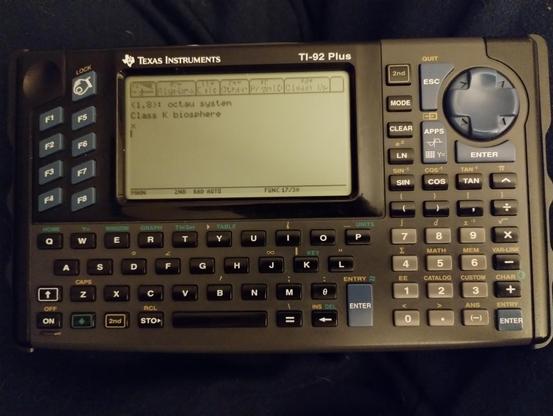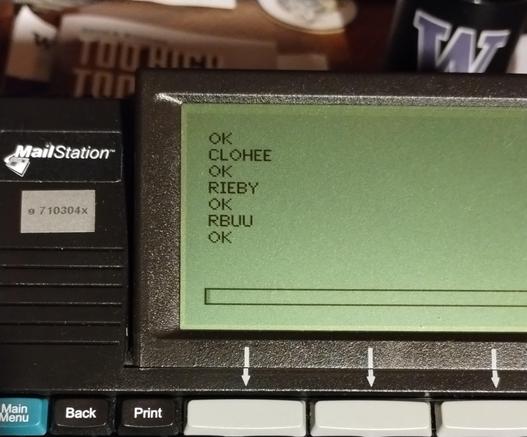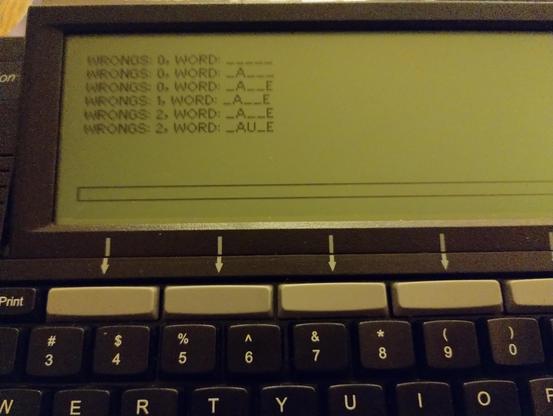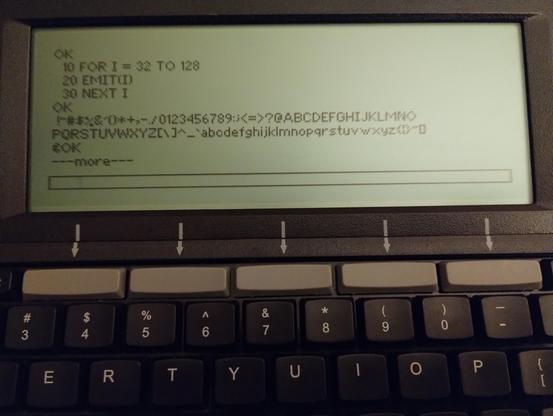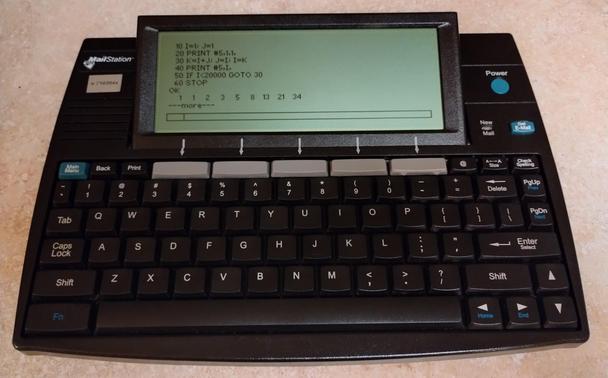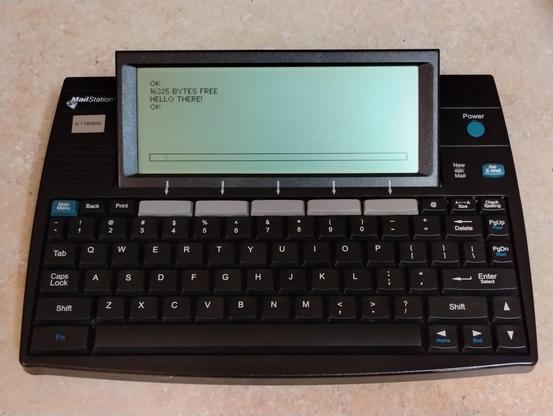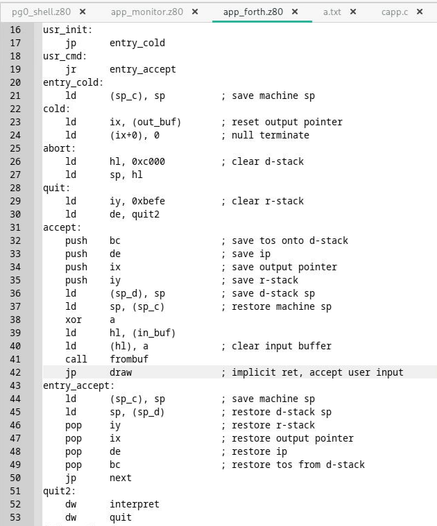Here is the source code for my recent #TinyBasic and #MailStation work
https://gitlab.cs.washington.edu/fidelp/mailstation_apps
- Machine code monitor and TinyBasic for Cidco MailStation (#z80 Internet Appliance)
- The programs are small enough that a determined person can key them into the MailStation's built-in hex editor in 1 hour or less. They run as loadable MailStation "channels". They make it pretty fun as a self-contained mobile development platform, though you can't easily save your work. Carry pencil and paper!
https://gitlab.cs.washington.edu/fidelp/tinybasic
- Z80 version of Palo Alto TinyBasic v3 with all known OCR errors corrected. Tested and working on real #z80.
